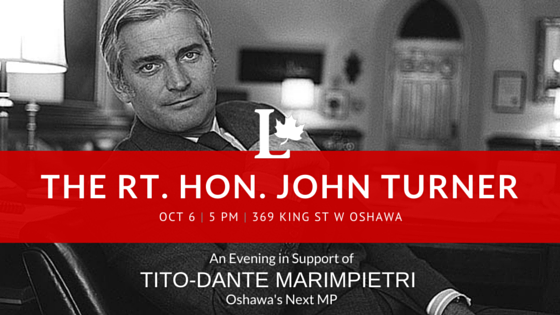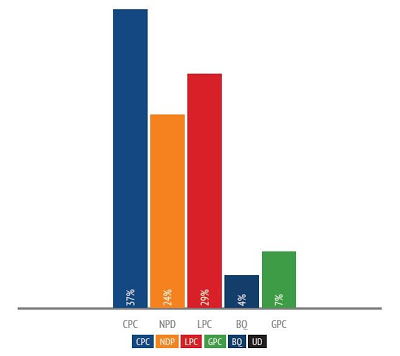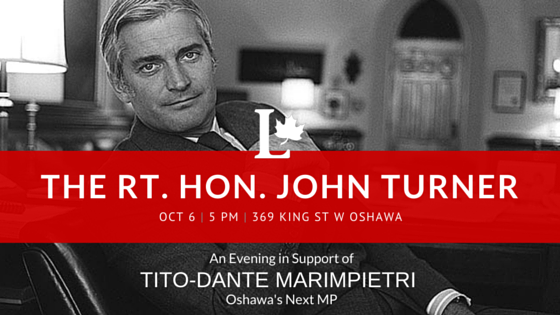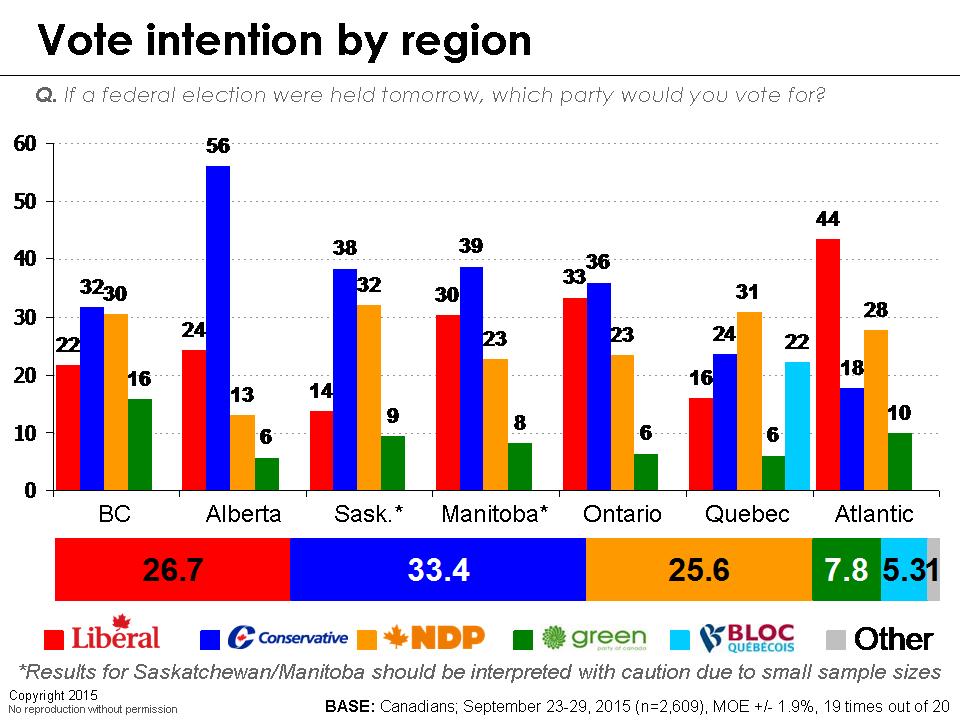KCCCC Day 66: In this week’s Hill Times – the NDP are losing, and why

The NDP seems to be losing. How come?
By the time you read this, their barrage of anti-Trudeau attack ads may have put them back in contention. And perhaps Thomas Mulcair had a good showing in that final French-language debate, and he clobbered Stephen Harper. And maybe the party has figured out a way to get back to where they were — which was in the No. 1 spot, for many weeks.
But we doubt it. The NDP were losing ground last week, and they’re likely losing ground this week, too.
To some of us, it isn’t a surprise. Just about two months ago, this space offered up the following: “The New Democrats, flush from the victory in Alberta and a fistful of promising polls, have been dreaming about redecorating 24 Sussex. They seem confident, even cocky.”
Not so much anymore. The NDP war room has been AWOL from the start — and Tom Mulcair has sounded like Medicated Tom, not Angry Tom. His debate performance was the worst of all the leaders. And his party has badly stumbled over controversies involving candidates, on everything from keeping oil in the ground, to accusing Israel of war crimes.
In other words, the final weeks of the New Democrat election campaign strongly resemble the first few weeks of the New Democrat election campaign. That is, it assumed too much — that Tom Mulcair connected with voters (he didn’t), that the campaign’s messages were clear and were being heard (they weren’t), that running a classic frontrunner campaign was a good idea (it wasn’t).
To be fair to the Dippers, most everyone else thought they were going to win, too. People were saying “Prime Minister Mulcair” out loud, and plenty of us were talking out loud about transition to the coming democratic socialist rapture, too.
No longer. The Dippers are dipping, badly, and it is happening at precisely the wrong time. How did it come to pass? Three reasons.
One, Tom Mulcair has lost just about every debate in which he participated. For any other leader, in an era where no normal person watches debates anymore, this should not have been fatal. But for Mulcair, it was.
Remember all those glowing reviews Mulcair used to get from Ottawa-based journalists who still cling to the notion that Question Period is relevant? Remember that? They were in awe of the NDP leader, regularly regaling the rest of us with tales about his prosecutorial fury, his superior debating skills. They spared no glowing adjective.
As a result, the press gallery raised expectations that Mulcair would easily win every single debate. Mulcair and his advisers started to believe their own press clippings, too, which is never a good thing. When it came time for show time, however, Mulcair disappointed, big time. He sounded like he’d been sedated. His smile looked like it was plastered on, like the Joker in a Batman movie. And he was bested, more than once, by Justin Trudeau (the shame!).
Two, the NDP brain trust didn’t take any chances. They didn’t take any risks.
Here’s what I wrote about risk-taking almost a decade ago in my book The War Room (which still makes an excellent Christmas or Hannukah gift!):
“God gave us all necks so we can stick them out. Voters — and consumers, and citizens, and the news media, and just about any sentient being — are astute. They know when you are playing it safe. They know when you are being timid. When they sense you are being deliberately boring, they tune you out, sometimes permanently. Or, even worse, they will conclude that you are hiding something, that you have the much-feared ‘hidden agenda,’ and that you are accordingly dishonest. In politics, at least, it’s a paradox: taking no risks is in itself risky. So, in your campaign for votes or sales or support, it’s okay to occasionally take a few risks. Be a bit louder, be a bit faster, be a bit funny, be a bit more aggressive. Most of all, be more creative. You won’t always win, but one thing is for sure. You’ll never win if you don’t try.”
The NDP didn’t try. They played it too safe.
Third mistake? Mulcair did what Andrea Horwath and Olivia Chow did. He moved to the right, big time. On deficits, on defence, on doing just about anything in government: the New Democrat leader didn’t sound like a New Democrat, at all.
In his mad dash to get to the centre, he left behind his bewildered core vote — and he left everyone else bewildered, too. Election time, as Horwath and Chow discovered the hard way, is no time to toss out everything everyone ever believed about you. Among other things, it’s confusing. Ask Andrea Horwath and Olivia Chow: it also results in a lot of tears on election night.
At the end of all this, however, it is indeed possible the New Democrats will figure out a way to scratch and claw their way back to the top. But it’s more likely they’ll end up being what they usually are between elections in Canada.
Which is, just a parking lot for voters.






